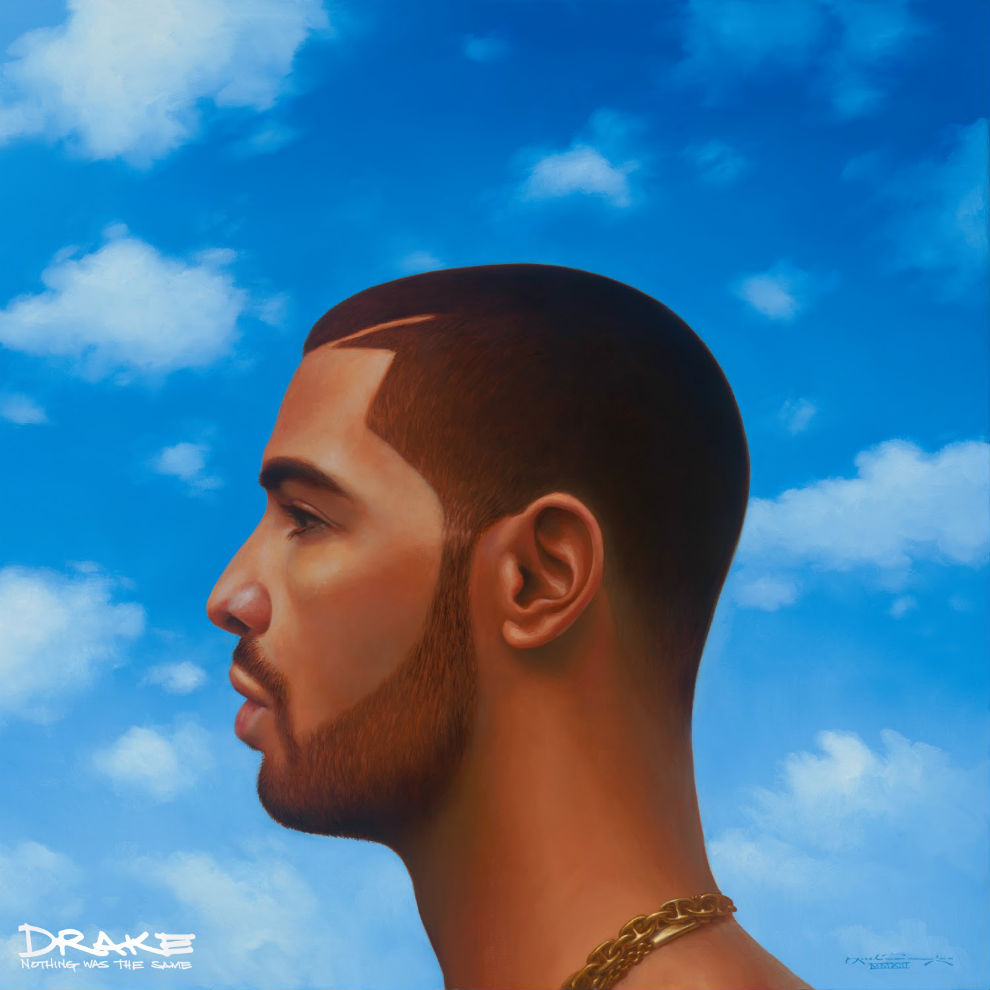

Sept. 20 was supposed to be the day after which nothing would ever be the same again — the official release date of Drake’s anticipated third-studio album, entitled none other than “Nothing Was the Same.” Call it hubris, call it a misinterpretation on my part, but the album does implicitly establish for Drake a high set of standards to meet; for the most part, he not only meets, but surpasses, those expectations. While I wouldn’t call the album a triumph or genius (or any other praise I feel compelled to save for Kendrick or Kanye), it is highly enjoyable from start to finish.
From the beginning, no obvious attempt at raising the album’s energy level is made. It opens with the lengthy yet upbeat “Tuscan Leather,” and quickly gains speed with its power, culminating in the sixth track, “Worst Behavior,” one of my personal favorites on the album. From “Worst Behavior” on, the album slows a little thanks to tracks like “Connect,” “Too Much,” and “Come Thru.” The energy of the album as a whole rises and falls, as most albums’ energies do, although this album seems to do so a bit more sporadically than I would have liked. “All Me (feat. 2 Chainz and Big Sean)” for example, comes blasting out of nowhere, awkwardly placed in between the very R&B “Come Thru” and “The Motion (feat. Sampha).” We can let 2 Chainz and his feature on the track take the blame for that.
Lyrically-speaking, I’d say that that album is about what we’d expect from Drake. Thankfully there aren’t any songs that hearken back to that poetic gem we all know and love, “The Motto” (“Skeet skeet skeet: water gun”). Chris DeWaele ’17 (favorite track: “Tuscan Leather”) spoke with me about the lyrical tone of the new album: “He tries to relate but doesn’t try to be tough about it. He tries to be openly vulnerable, which is easier to relate to than shooting people up.” David George ’17 (favorite track: “Too Much”) had a similar opinion about the album’s lyrical intentions, and said “I guess it’s like a mellow album, it’s more laid-back and reflective. Songs about relationships, as usual.”
This does not suggest an incredible amount of growth on Drake’s part, but the close attention he pays to the musical phrasing itself certainly could. When asked about what she enjoyed most about the album, Gabby Rodriguez ’15 (favorite track: “From Time”) said “The meter and overall mood of the music is contrasted with the changes mid-song, it’s sick.” It seems that Drizzy and his producers have managed to successfully experiment with different styles and dramatic mid-song shifts, which, although recurrent, add a dynamic inner layer to the entire album. David George ’17 noted in his review of the album, “I love how he switches beats in the middle of the song, it’s like two songs in one.” It seems to be generally appreciated that Drake has managed to layer so many different elements within only sixteen songs.
Another surprisingly effective element of “Nothing Was the Same” is the artists who were featured on five of the tracks. I found Jay-Z’s feature to be especially good; my favorite song off of the album is “Pound Cake”. The contrast between Drake and Jay-Z’s respective vocal personalities is a perfect example of the complexity that a good feature can add to an otherwise straightforward song. Rodriguez based her choice of “From Time” as her favorite song largely off of Jhené Aiko’s contribution: “I’d choose ‘From Time’ because the call and response sequence is really good, and Aiko’s voice is perfect for the vibe. The second part of the song, when her voice fades out and slows the instrumental is incredible.” Other featured artists include Majid Jordan (on “Hold On, We’re Going Home”), Detail (“305 to My City”), 2 Chainz and Big Sean (“All Me”) and Sampha (“Too Much”).
As I said, I wouldn’t call this album a work of art. However, Drake and all of the producers really have managed to create an unanticipated and forceful statement on the direction in which the young songwriter/rapper is moving. Hopefully the upward trajectory he’s managed to assume in his career as of late will persist as he continues to write and record his music. Overall, I would give the album a 7/10, and I would highly recommend giving it at least one dedicated listen from start to finish. If you’re a bit jaded, give Drizzy another try — I did, and I was not disappointed.